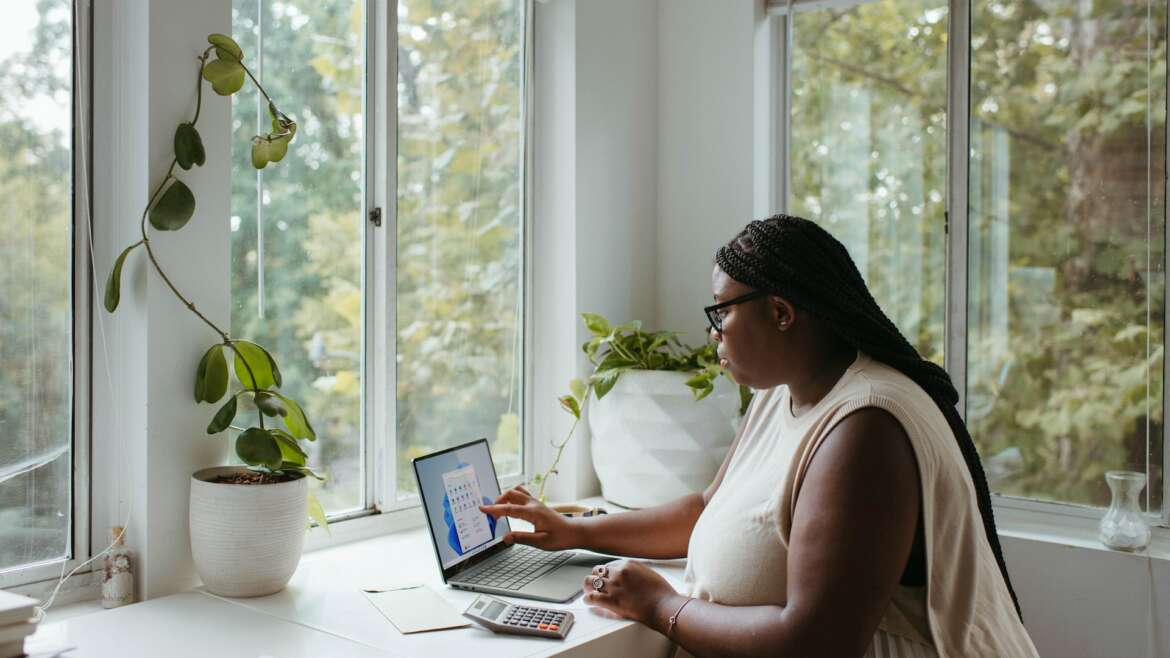
The COVID-19 pandemic affected the world economy and still has lingering effects on corporate entities. However, due to the pandemic, thousands of employees have come to terms with a new notion: working from home (WFH).
Whether employees have a dedicated space in their house or work on their laptops right from their couches, WFH has become the new normal for corporate Australia. But the new normal has wreaked havoc on expense claims for those working from home.
As a result, thousands of WFH employees are questioning what they can claim for WFH expenses in their 2022 tax returns. If you’re in that boat, understanding the ATO’s guidelines about remote workers is crucial before you claim a deduction.
Wondering what the ATO’s guidelines are and their effects on your expense claims? Let’s discuss them below.
The ATO Guidelines: A Summary
To claim your WFH expenses, you must meet the following requirements:
- You incurred additional expenses as a result of working from home. That’s the unreimbursed money you spent in respect of your WFH expense.
- You carried out all your employment duties while working from home. Tending to emails or occasionally taking calls are only minimal tasks, not employment duties.
- You spent the claimed expenses and have a record to prove they occurred. Running expenses include electricity expenses associated with working hours, internet, and phone expenses.
How to Claim WFH Expenses
You can use two methods to claim your WFH expenses. They are described below.
Actual Cost Method
You can claim the actual expenses you incur from working from home using this method. The actual cost method allows you to claim the following expenses:
- Devalued depreciating assets, such as tables, chairs, computers, laptops, tablets, and other furnishings.
- Stationery and computer consumables
- Gas and electricity for cooling, heating, and lighting
- Home office cleaning
However, there are some rules you have to follow if you’re choosing this method:
- If your devalued assets cost more than $300, you’ll only get a claim for the work-related portion of the decline.
- If your devalued assets cost less than $300, you can claim their total cost in the year you bought them.
- If you incurred cleaning, home office cleaning, or gas and electricity expenses during your WFH job, you’d need to follow specific methods to calculate the expenses you can claim.
For instance, if you want to claim cleaning expenses, you’ll have to add your total receipts, multiply them by the total floor area of your office, divide the resulting number then the floor area of the whole house, and reduce the resulting number by the percentage of private office use (by yourself and your family) to get your expense claim.
- Fixed-rate Method
The fixed-rate method enables you to claim the following expenses:
- Devalued home office furnishings and furniture, such as tables.
- Gas and electricity for cooling or heating
- Home office cleaning
You can claim a fixed rate of 52 cents per work hour for the above expenses. The rate is non-negotiable.
You could also claim the work-related portion of the following expenses:
- Internet, phone, and cellular data
- Stationary
- Devalued depreciating assets like laptops, tablets, etc.
However, you won’t get the 53 cents per work hour rate for the above expenses. You can calculate your WFH deduction using the ATO’s Home office calculator.
Expenses You Cannot Claim
Some of the expenses you cannot claim include the following:
- General household items like tea, coffee, and milk
- Educational costs for your children, including a subscription for online learning, iPads, tablets, and desks
- Occupancy expenses, including mortgage interest, rent, land taxes, etc.
Changes to the WFH Expenses Claims Methods
The ATO guidance has updated the available methods to calculate your WFH expenses for the 2022-23 income year. However, you must ensure you fulfil the criteria by keeping a record supporting your expense claims.
So, from 1st July 2022, you should keep the following:
- Records of using your work-related and personal assets.
- Records of all the depreciating equipment or assets you use when working from home.
- Records of all the hours you work at home.
Contact us today to get help with your business expenses on 07 5559 1200 or email us at info@accountingtaxsolutions.com.au

